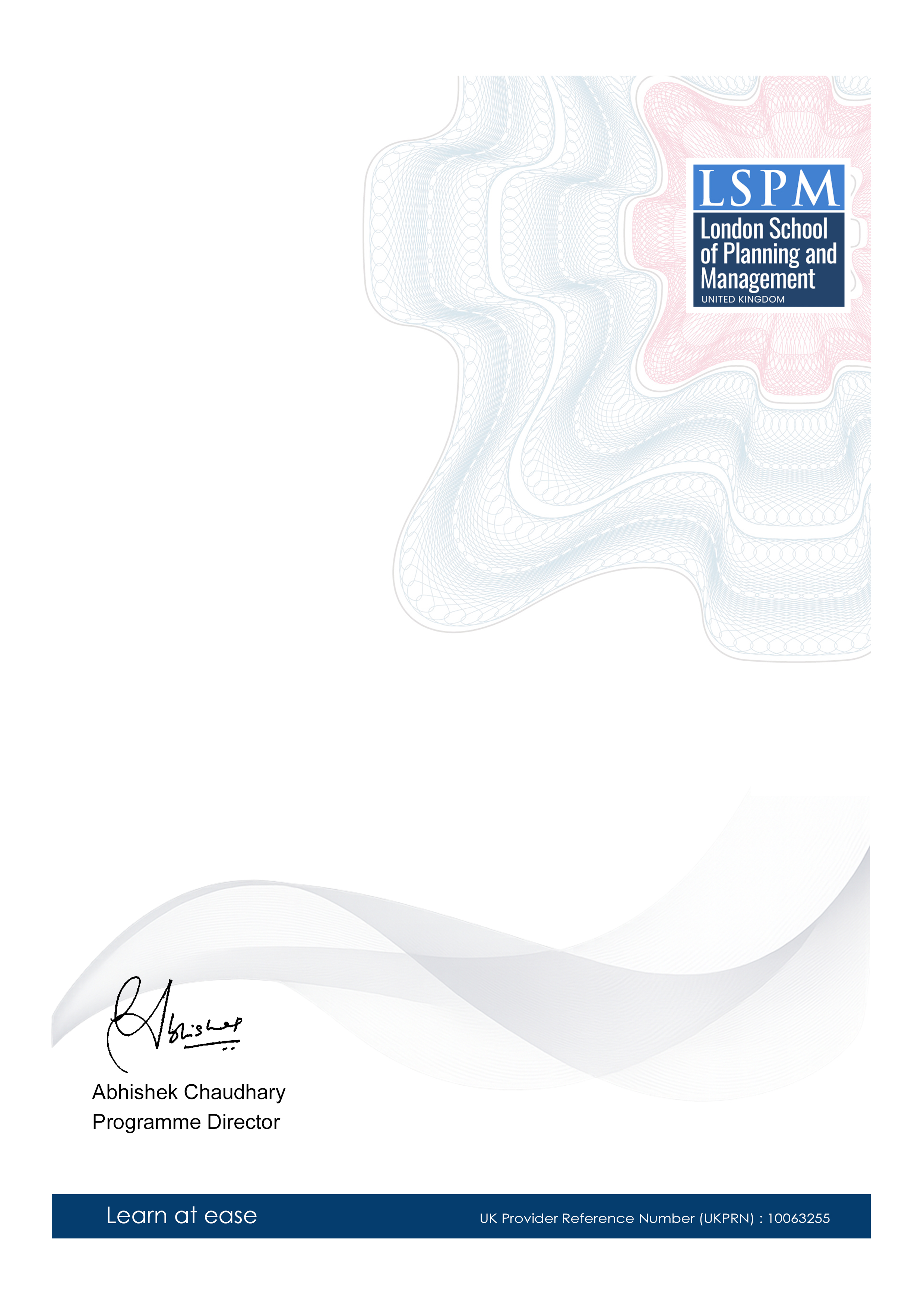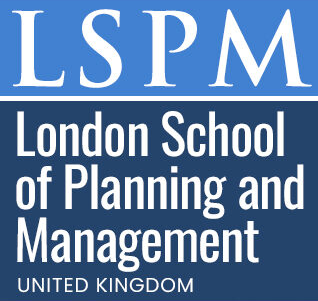Graduate Certificate in Circular Gift Economy for Humanitarian Aid
-- viewing nowThe Graduate Certificate in Circular Gift Economy for Humanitarian Aid is a 10-week program designed for professionals in the humanitarian aid sector. It focuses on developing skills to implement circular gift economy models in aid distribution.
5,719+
Students enrolled
GBP £ 149
GBP £ 215
Save 44% with our special offer
About this course
100% online
Learn from anywhere
Shareable certificate
Add to your LinkedIn profile
2 months to complete
at 2-3 hours a week
Start anytime
No waiting period
Course details
• Circular Design Principles: This unit will provide an overview of circular design principles, including the cradle-to-cradle concept, the circular economy, and the role of design in promoting sustainability.
• Life Cycle Assessment: Students will learn about the life cycle assessment (LCA) methodology, which evaluates the environmental impacts of products and services throughout their life cycles.
• Material Flow Analysis: This unit will cover material flow analysis (MFA), a technique used to analyze the movement of materials through an economy or a specific sector.
• Social Impact Assessment: Students will learn about social impact assessment (SIA), a methodology used to evaluate the social consequences of development projects or policies.
• Humanitarian Aid Case Studies: This unit will focus on case studies of humanitarian aid projects that have implemented circular economy principles, highlighting best practices and lessons learned.
• Supply Chain Management: Students will learn about supply chain management (SCM) principles and how they can be applied to promote circularity in humanitarian aid operations.
• Renewable Energy Systems: This unit will cover renewable energy systems, including solar, wind, hydro, and geothermal energy, and their potential applications in humanitarian aid settings.
• Waste Management and Recycling: Students will learn about waste management and recycling techniques, including waste-to-energy technologies, composting, and upcycling.
• Sustainable Procurement: This unit will cover sustainable procurement practices, including the use of eco-labels, life cycle costing, and sustainable public procurement policies.
Career path
Graduate Certificate in Circular Gift Economy for Humanitarian Aid
The Graduate Certificate in Circular Gift Economy for Humanitarian Aid is a unique program that equips students with the skills and knowledge to address the challenges of sustainable development in the humanitarian sector. The program focuses on the circular gift economy model, which promotes the sharing of resources and services within communities, reducing waste and promoting social cohesion. Upon completion of the program, graduates will be able to design and implement circular gift economy initiatives in humanitarian settings, contributing to more effective and sustainable aid delivery.
Entry requirements
- Basic understanding of the subject matter
- Proficiency in English language
- Computer and internet access
- Basic computer skills
- Dedication to complete the course
No prior formal qualifications required. Course designed for accessibility.
Course status
This course provides practical knowledge and skills for professional development. It is:
- Not accredited by a recognized body
- Not regulated by an authorized institution
- Complementary to formal qualifications
You'll receive a certificate of completion upon successfully finishing the course.
Why people choose us for their career
Loading reviews...
Frequently Asked Questions
Course fee
- 3-4 hours per week
- Early certificate delivery
- Open enrollment - start anytime
- 2-3 hours per week
- Regular certificate delivery
- Open enrollment - start anytime
- Full course access
- Digital certificate
- Course materials
Get course information
Earn a career certificate

